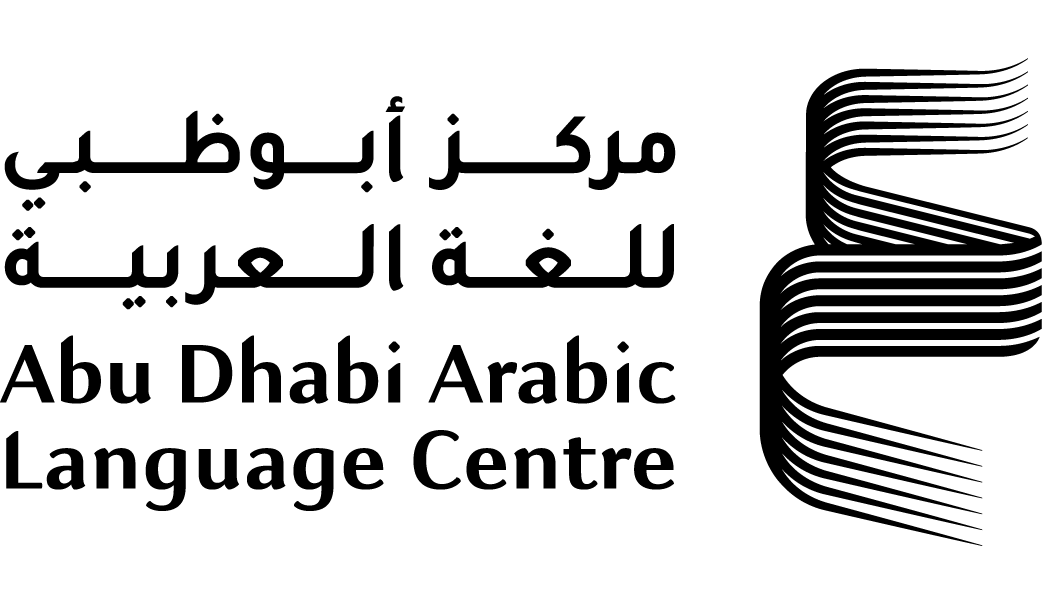The Kalima Translation Project at the Abu Dhabi Arabic Language Centre (ALC) has recently issued the Arabic edition of "Dostoevsky and Nietzsche: The Philosophy of Tragedy" by Lev Shestov, translated into Arabic by Ibrahim Istanbouli.
The first edition of the book was published in 1903, significantly contributing to the author’s rise to fame and establishing his reputation as a genuine philosopher and prominent thinker on the Russian cultural scene. In this book, Shestov discusses the concept of the philosophy of tragedy as a unique concept, approaching it in a way that reveals his existentialist philosophical leanings and their medieval background, which found their rebirth in Europe at the beginning of the 20th century.
The author introduces the idea of knowledge based on divine revelation, mysterious and non-rational in nature, as opposed to positivism and rational philosophical knowledge, thus declaring his position against the authority of reason and his rejection of knowledge that suppresses the personal element related to human identity. He explores this philosophical dilemma through a comparative analysis of the works of Russian author Fyodor Dostoevsky and German philosopher Friedrich Nietzsche, arriving at key conclusions that help view Dostoevsky’s creativity and personality from a new perspective and understand the intellectual fluctuations in Nietzsche’s work, which reflect the fractures in his deep psychological nature.
The book highlights two giants of world culture: Fyodor Dostoevsky, the giant of Russian literature, and Friedrich Nietzsche, the giant of German philosophy. Both figures have long been and continue to be viewed as benchmarks of human culture. With a sharp and critical expert eye, critic and philosopher Lev Shestov reveals what the ordinary reader misses in Dostoevsky’s novels, which delve deep into the human psyche, and in Nietzsche’s philosophical inquiries into beauty, atheism, and nihilism. He sheds light on many little-known aspects in Dostoevsky’s literary creations and Nietzsche’s breakthroughs in the philosophy of existence, nothingness, and beauty.
Lev Isaakovich Shestov was a Russian existentialist philosopher, known for his opposition to philosophical rationalism and positivism. Born in Kyiv in 1866, he studied in local schools before enrolling in Moscow State University to study mathematics, eventually transferring to University of Kyiv to study law.
Shestov emigrated from Russia in 1920 following the Bolshevik Revolution, which he described as "reactionary despotism". He eventually settled in Paris in 1921, where he lectured at the Sorbonne University in 1925 and 1926, and became a notable cultural figure, establishing good relations with phenomenologist philosopher Edmund Husserl and influencing existentialist philosophy, particularly that of Sartre and Camus, among others. He died in Paris in 1938, leaving behind a rich cultural and philosophical legacy.
The book’s translator, Ibrahim Istanbouli, is a Syrian writer and translator, born in 1957, who lives and works in Russia. He won first place in the Sami Al-Droubi Award for Translation in 2017 and the Golden Knight Award in 2023, one of Russia’s most prestigious literary and cultural awards.
Istanbouli has translated nearly 40 books from Russian, most notably, "Wounded Pride: Selected Poems" by Russian poet Marina Tsvetaeva in 2013, published by Dubai Al-Thaqafiya magazine, "Enslavement of the World" by Russian economist Valentin Katasonov, published in 2018, and "Anthology of Russian Poetry", published in 2021.
![alc-default-cursor]()

